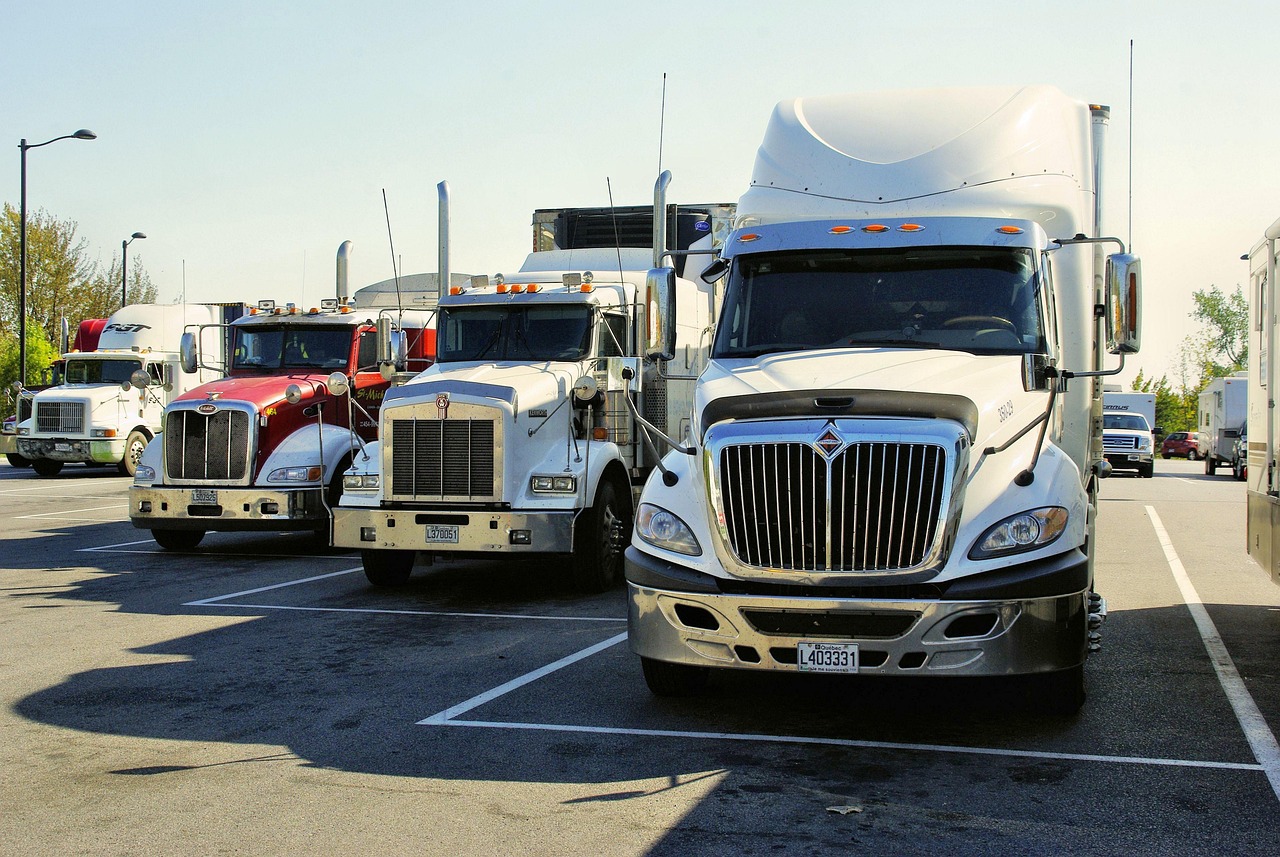63%* of U.S. freight businesses are using some form of technology to reduce reliance on drivers. The report findings were gathered through a survey of 521 professionals in the U.S. transport and shipping sector in May 2025, to uncover the biggest challenges facing the freight industry this year.
The report sheds light on the critical driver shortage currently faced by the U.S. freight industry. 88% of U.S. freight businesses who say workforce limitations pose a “critical, immediate operational risk” have seen recruitment and retention worsen in the past year.
In the face of a critical U.S. driver shortage, Tech.co’s survey data indicates a clear industry pivot towards technology to reduce reliance on human drivers. Only 20% of U.S. freight companies say they have no plans to harness tech to relieve workforce challenges.
Tech used to address workforce challenges, by highest satisfaction rating:
- Digital freight matching: 89%
- Routing optimization software: 87%
- Warehouse robotics: 86%
- Fuel/energy reduction technology: 85%
- Driver monitoring & coaching platforms: 84%
- Telematics/fleet tracking: 83%
Digital freight matching technology has the highest overall satisfaction rating for tackling workforce challenges, with 89% of users saying it helped “significantly” or “somewhat”.
This data highlights how freight matching tech can effectively relieve pressure on labor issues. Routing optimization software has also shown strong impact, with an 87% high satisfaction rating.
The majority of survey respondents say that technology is helping to relieve the critical labor shortage. A staggering 3 in 4 U.S. freight companies say tech has helped address workforce challenges, with only 6% of respondents claiming it had no effect at all.
While tech adoption is far from universal, this current shift towards modern tech such as digital freight matching and other forms of logistic software, is well underway within U.S. freight businesses.
Harnessing this technology could not only help to ease a major labor crisis, but also boost operational efficiency, and improve business resilience within the sector.
Tech.co’s Editor, Jack Turner, comments: “The recruitment crisis in logistics is nothing new, but the latest research from Tech.co shows that tech is on hand to offer a solution, and that many freight businesses, over half, are actively using it. However, the 20% that are resisting embracing tech might find that the gap between them and their competitors growing ever wider as a result.”
Editor of The Inside Lane trucking newsletter, Bianca Prieto, adds: “Tech, like digital freight matching, gives companies the ability to adapt quickly, optimize routes, and stay ahead of disruption. In an industry where time and efficiency directly impact the bottom line, leveraging this kind of technology isn’t just helpful, it’s a competitive advantage.”
*Tech.co’s – 2025 U.S. Logistics Report







